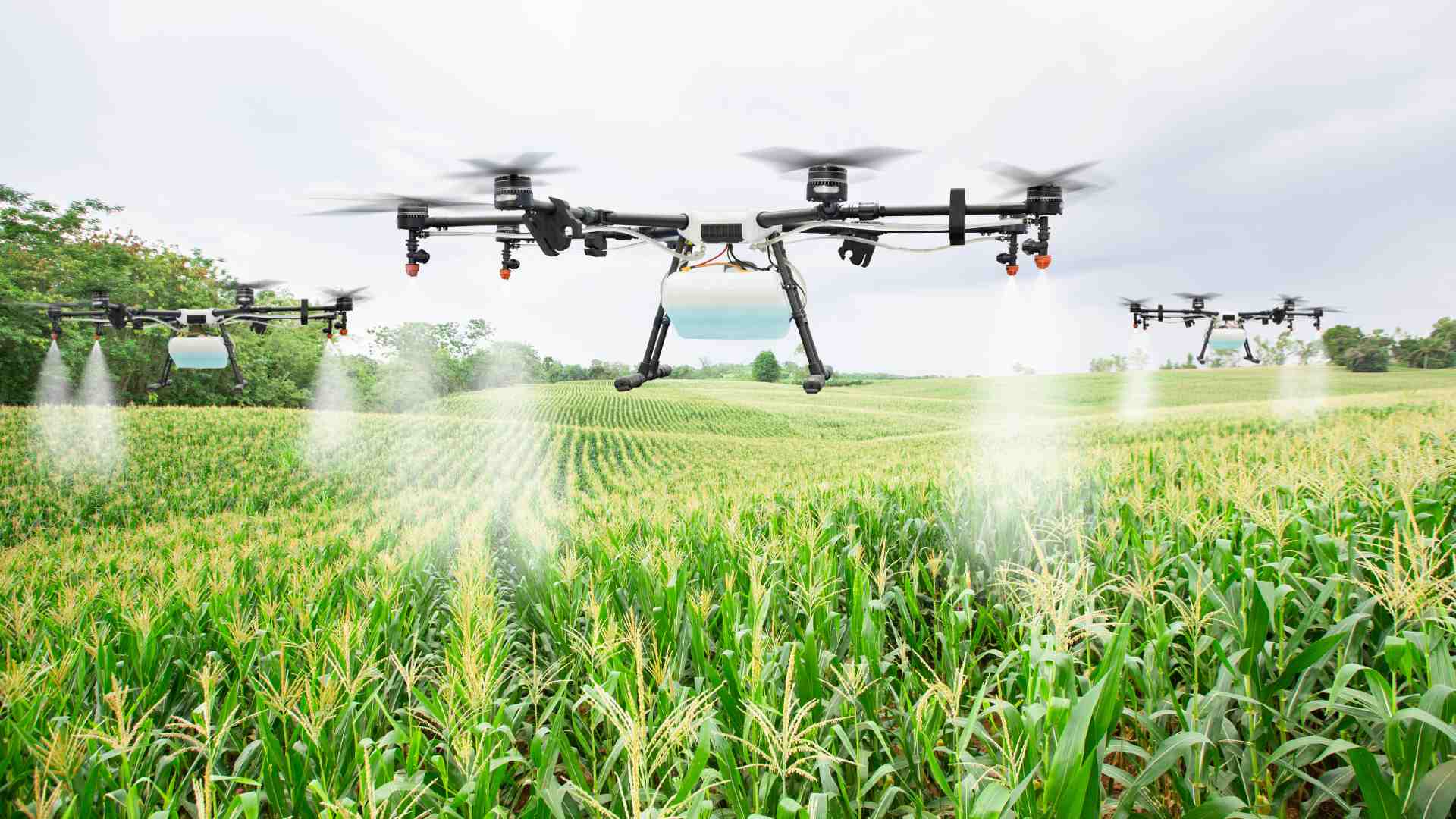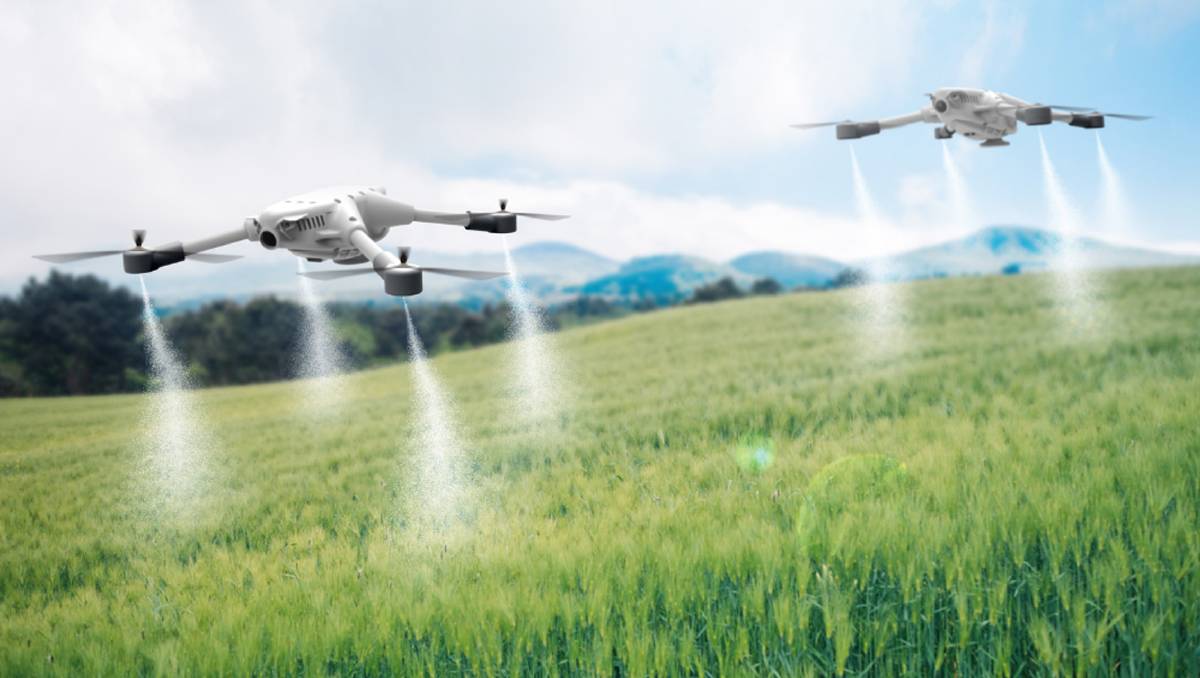Technology is developing and advancing rapidly, and the
agricultural industry is not far behind. As more and more farmers grapple with
the latest technology, this article gives you reasons why you should have the
most accurate and up-to-date technology in the world.
Process Simplification
With the use of technology, many processes have been simplified. From monitoring crops with unmanned drones to robots that do the planting for you. There are thousands of ways to apply technology on farms to simplify farmers' lives.
Compatibility and Communication
Outdated machinery on farms is not as effective (or not effective at all) when it comes to storing important precision data. Using the latest technologies, the systems often work together or in parallel to store vital information. Keeping technology up to date allows your tools to figure out what to do and keeps machines reactive to the environment around them.
Time saving
One of the buzzwords in precision agriculture technology is automation. Many of the latest technologies have self-contained scheduling that allows farmers to buy time to focus on other agricultural tasks while the technology completes the work for them. Smart farm technology can free up a great deal of time for the farmer.
More Efficient Agriculture
Humans make mistakes. We misread, miscalculate, and misjudge things. The technology has been pre-programmed to operate in a strict field of parameters that is less prone to error. They haven't had sleepless nights or a mortgage payment paid back. They just focus on doing the farming processes the right way every time and without external factors getting mixed up.
Do drones help improve agriculture?
First hand if you are a farmer rooted in traditions, thinking about drones doing the job is uphill. However, these artifacts are currently creeping into everything.
Today's agriculture is endowed with as much technology as large industries. Drones are one of these devices, which follow the transformation line. But not everyone knows how much they can help.
This article does not try to change the idea of orthodox agriculture and manual practices. On the contrary, we seek that your farmer friend, lover of the field, integrates technology that facilitates your work.
Do drones really help?
A question that many ask. The reality is that yes. These flying artifacts can help improve the field. From the placement of the seed, the irrigation, and the verification of the land.
They do it in such a simple and dynamic way that by using it you save time. Among the advantages you have.
- You can obtain multispectral images: You can know the health status of the crop.
- Thermal image review: You can optimize the use of water, knowing when there are rises in temperature.
- Topographic surveys: You can verify the land on which you are sowing.
- You can use it as a fumigation: Drones are used to make phytosanitary applications from the air.
Expert drones in fumigation
The last point of the advantages is undoubtedly one of the most crucial. As we know, aerial spraying exists, and the rules that regulate it also. As for the phytosanitary use, it becomes popular.
This feature is still under development. Not all farmers trust this way of doing things. However, perhaps little by little it begins to grow.
If we put it in perspective. These devices do not have a crew; they are easy to use. They can also transport material to places that are difficult to access for airplanes or helicopters. So its use will be more and more common.
Better Profit Margins and a Great Return on Investment
There are currently a lot of expensive, highly technical equipment available on the market. While these are very beneficial for larger farms, for small businesses they would be nothing more than a financial burden. That said, there is a wealth of very inexpensive and highly effective technology available to farmers around the world. As development proceeds, the technology also becomes cheaper, bringing the novelties to a wider range of farmers. This technology has a fantastic return on investment and helps boost overall farm productivity.
Do you implement technologies on your farm? Have you seen
the benefits of using data collection tools? Maybe you have systems that
monitor your fields - have you noticed increased productivity? Tell us all your
thoughts on agricultural technology in the comments. You can also contact us for more information or if you have inquiries.




Comments
Post a Comment